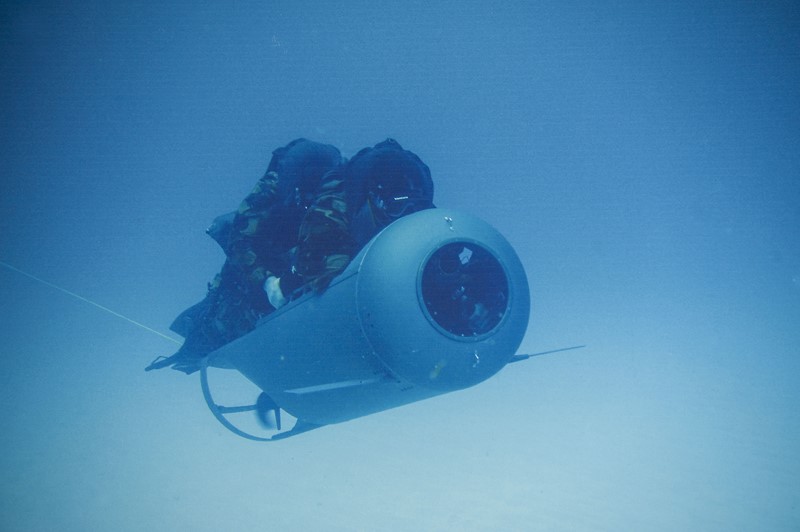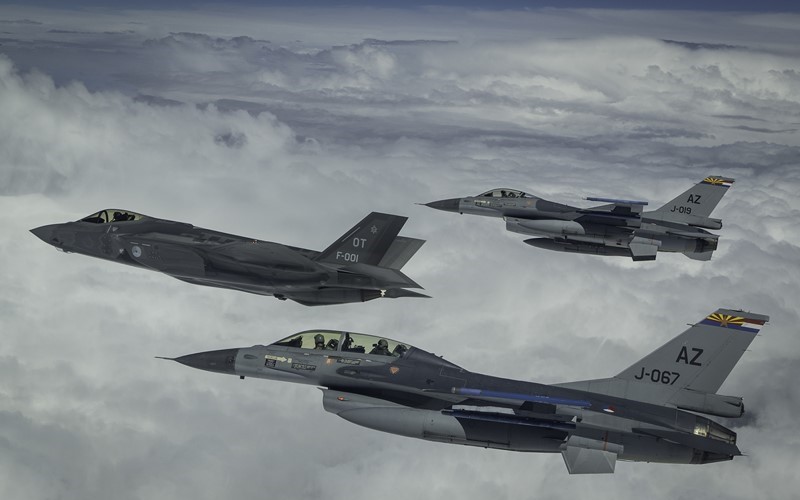HPMA The Human Performance Monitoring Algorithms project (HPMA): a software module to interpret sensor data of human performance monitoring sensors.
Within the Human Performance Monitoring Algorithms (HPMA) project, a joint effort led by TNO and >QM_Project, a software module consisting of algorithms to interpret sensor data of human performance monitoring sensors is being developed. The algorithms will include Artificial Intelligence (AI) techniques, such as Machine Learning.

The focus within the Human Performance Monitoring Algorithms project, is on developing HPMA algorithms that can “translate” data of human performance monitoring sensors into useful information on the physiological status of a person. This information helps to better understand various human conditions, optimize human performance and prevent loss of life and equipment (e.g. in case of a fighter pilot). With advanced HPMA algorithms, it is possible to interpret the various output measures such as heart rate, ECG pattern irregularities, respiratory rate & depth, dehydration, G-load, vibrations and hypoxia.
Project summary
The focus is on developing Human Performance Monitoring Algorithms (HPMA) that can "translate" data of human performance monitoring sensors into useful information on the physiological status of a person. This information helps to better understand various human conditions, optimize human performance and prevent loss of life and equipment (e.g. in case of a fighter pilot). With advanced HPMA algorithms it is possible to interpret the various output measures such as heart rate, ECG pattern irregularities, respiratory rate & depth, dehydration, G-load, vibrations and hypoxia.


The HPMA infrastructure will be a transversal platform that will be applicable within multiple domains such as:
- Defence: pilots of fighters, helicopters, transport aircraft and drones, aircrew (e.g. loadmasters, medics), special forces such as divers, commando's, paramilitary, dismounted soldiers, air traffic controllers;
- Medical: medical monitoring in hospitals and on remote operations;
- Safety & Security: firefighters, police officers, civil protection;
- Occupational health: exposure monitoring of workers (e.g. rail workers, Tata Steel workers);
- Civilian area in critical operations (civil aviation - air traffic controllers) and in extreme activities such as motorsport, diving, professional sailing.
Within this Industrial Participation (IP) Project, a generic software module will be developed that can be applied in multiple domains. Using this generic software module, a specific software module will be developed for the Flight Sensing System (FSS), a human performance monitoring application that a consortium led by TNO is developing for RNLAF. Using this shirt pilots will be able to physiologically monitor themselves and gain more insight in their wellbeing, especially in extreme conditions. It will improve their flight safety and mission effectiveness.

With the development of the software module the project aims to add a vital part to the human performance monitoring solution to assist air force pilots as well as military from the army and navy in their safety-critical activities, starting from the training and ultimately to apply the system during missions.
In parallel, TNO will use the technology transferred through this project to develop products to improve the ability to detect, predict and monitor psycho-physical reactions of pilots to stressful and dangerous situations and will help to compare simulated environments with real world operations through:
- Implementation of Artificial Intelligence and Machine Learning techniques;
- Optimize the usefulness of the training sessions;
- Validation of the FSS Flight Sensing System
- Deployment of prediction models during the R&D and training sessions in AEOLUS facilities.
The perspective and partnership of TNO and the Dutch SME 2M Engineering throughout the project will ensure that the research translates into valuable and marketable results for the Netherlands.